Experiential Learning in the Indian Education System
by Vineith Kaul, Posted on 23 November 2020
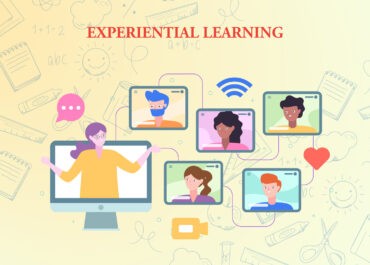
“Experiential Learning” refers to “learning by doing”. Here, the students learn by performing various tasks under the guidance of their teachers. It is the future of education. If a student can grasp 100% on the first day of learning, it is reduced to 50-80% on the second day, which further drops to 2-3% after 30 days. This learning helps in increasing this retention ratio to a larger extent.
It is based on four major elements:
- Concrete experience
- Reflective observation
- Abstract conceptualization
- Active experimentation
Read on to explore how experiential learning is the future of the Indian education system.
Benefits of Experiential Learning
Increases the Rate of Learning
This learning involves critical thinking, decision making, and problem-solving skills and has become an established method to accelerate learning.
Creates a Protective Learning Environment
Imitating real-life scenarios prepare the students to face the challenges. Thus the students learn new things in a safe and controlled environment.
Retention Power
When you learn something by doing, it is natural that you retain more. This involves “learning by doing”, and thus helps the students to grasp things better.
Experimental Learning is More Engaging
Collaborative learning increases engagement. Also, the student is immediately involved in the problem-solving activities.
Facilitates Personalized Learning
Experiential learning takes the learning beyond the classrooms. The students can learn at their own pace. It includes assessments, teaching strategies, and learning choice, thereby encouraging personalized learning.
It is not understood by many of us. It is so-called because here we learn from experience. It establishes long-lasting behavioral changes. It is only when you experience things, you learn the most. Experiential learning is all about learning by doing.
It not only enables the students to engage in the experience activity but also requires to reflect upon their learning.
1 Comments
Leave a reply
your email address will not be published. required fields are marked *
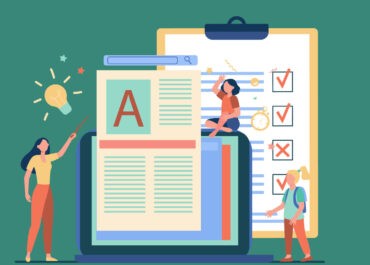
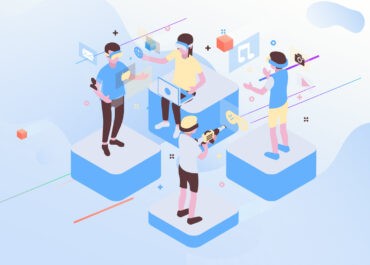
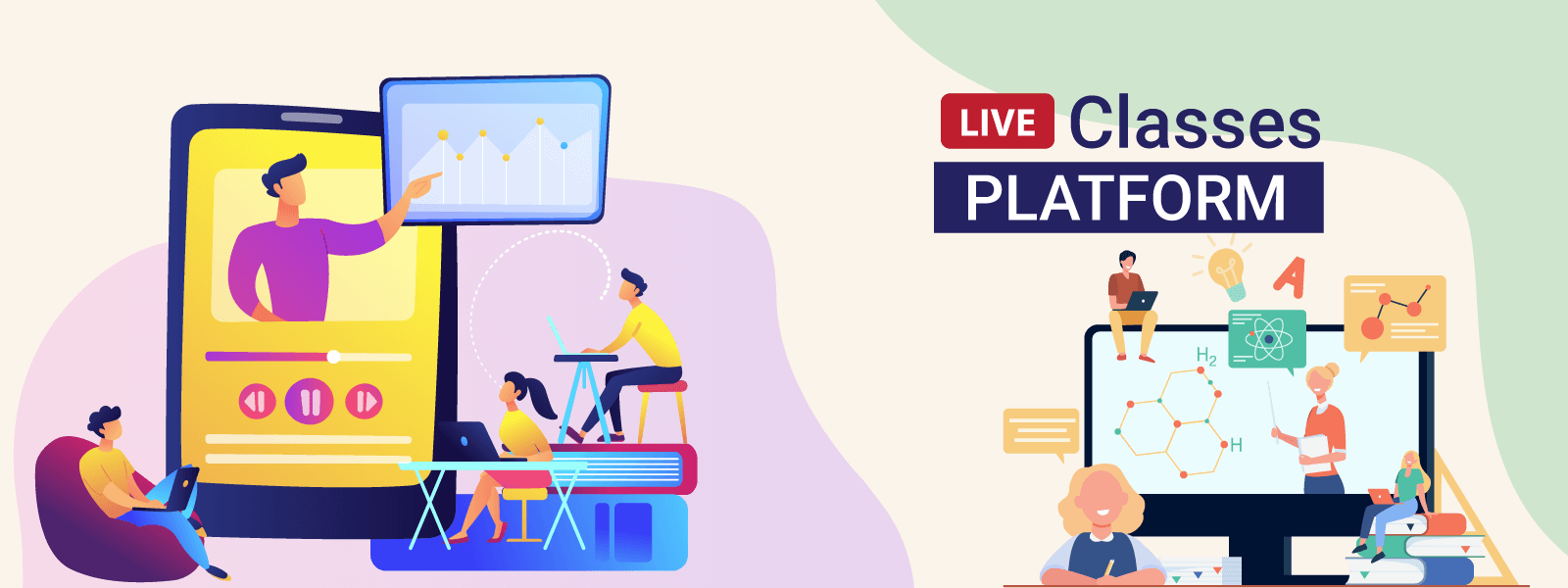
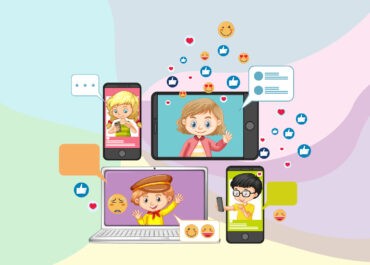

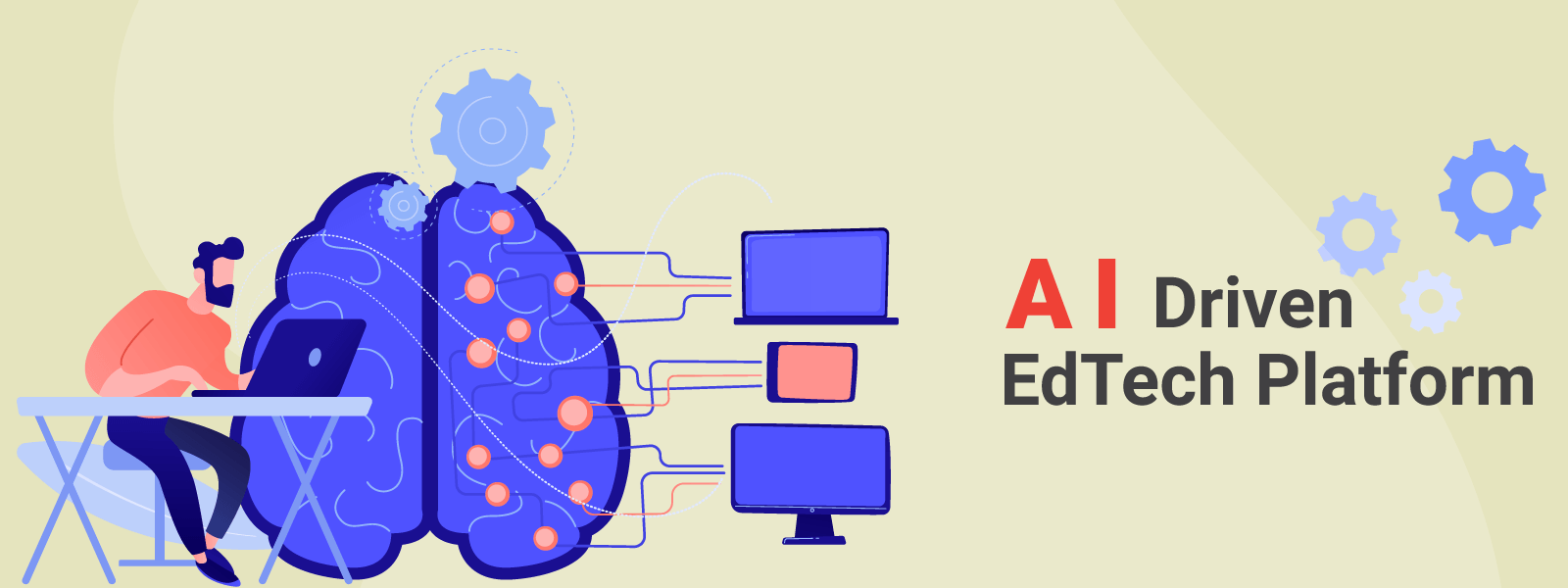
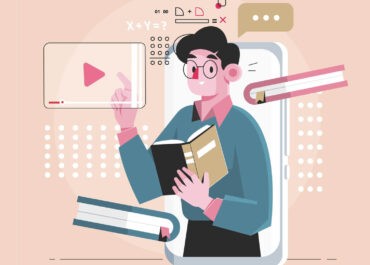
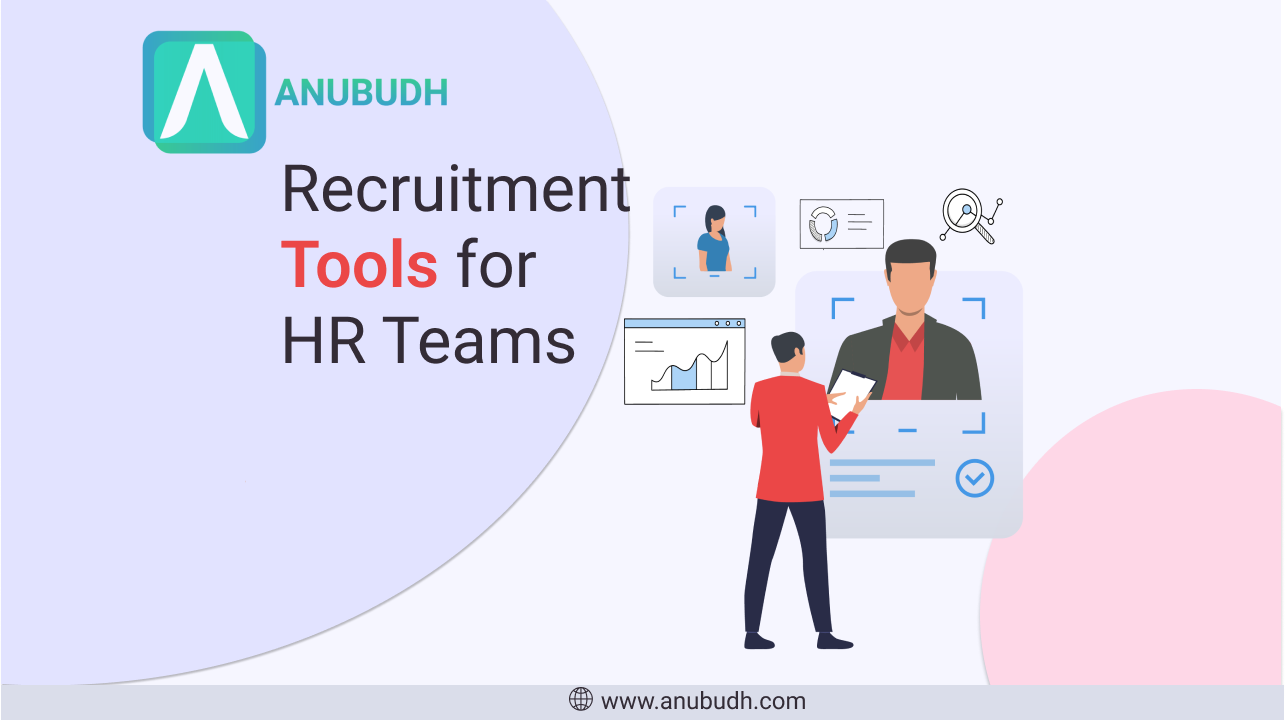
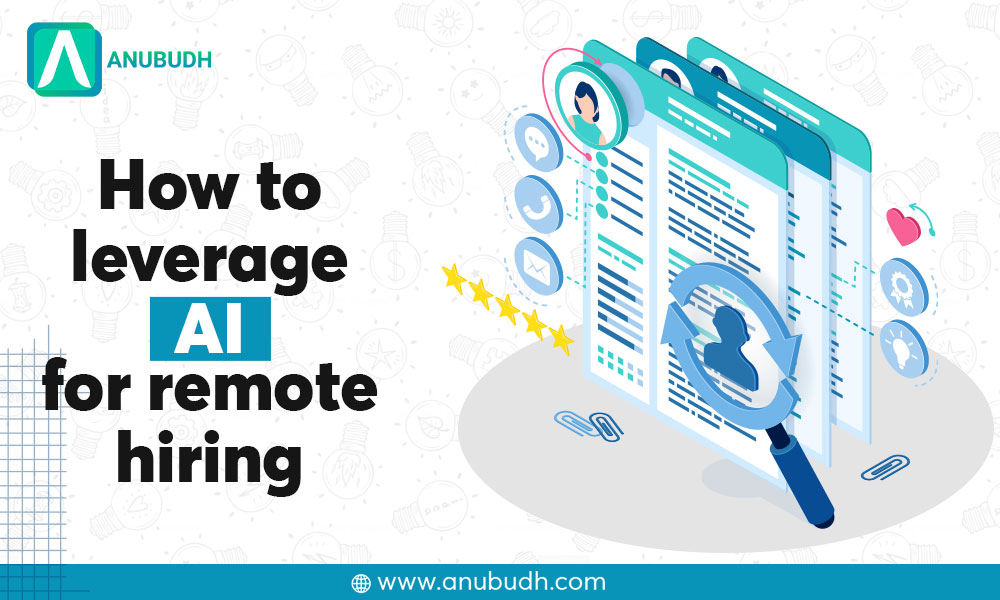
 How do you Incorporate Educational Technology in your Classroom?
How do you Incorporate Educational Technology in your Classroom? 
Google Reply
GoogleThe time to study or pay a visit to the subject material or web sites we have linked to below.